Why Blue Zones Are The Blueprint For Longevity

The days are slow, the air is clean, and food is plucked from the earth. There's laughter, presence, and nowhere else to be. This is simply the way of life in the blue zones, where humans live the longest.
Living longer has been a human pursuit since the dawn of time—it’s in our nature. Yet extending our lifespan is no easy feat for the majority of us; we’ve tried diets, botox, technologies, gyms, and superfood smoothies, all in the name of longevity. But the irony is, preserving youth and adding years to our life isn’t a complex equation. Achieving it requires the opposite approach: simplicity. No one knows the tricks of the trade better than the centenarians of our world’s blue zones, the five regions of the world where people have not only achieved longevity, but also a quality of life that lasts them well into their final years.
The term ‘blue zones’ has been coined for the communities around the world whose elders live with vim and vigour to record-setting ages, with one in three making it to 100 years old. The five blue zones are Okinawa, Japan; Sardinia, Italy; Nicoya, Costa Rica; Loma Linda, California; and Ikaria, Greece. These five regions share commonalities that enable their inhabitants to outlive the rest of us. But interestingly, blue zoners don’t intentionally carve out their life for longevity, it’s a byproduct of their lifestyle.

I was fortunate enough to visit the island of Ikaria in 2023, experiencing a heavenly week of this slow-paced, blue zone life. Ikarian’s are mainly made up of self-sufficient farmers and fishers who live off the land and sea. We stayed in a coastal village called Magganitis, known for its peaceful silence, rugged mountains and picturesque beaches. There is minimal reception, no highway, no highrises and no chain supermarkets—it’s exactly what I didn’t know I needed. During our stay I observed the daily life of Ikarians, who live with a very simple purpose; to enjoy and share the enjoyment. The day started with my usual ritual; a coffee made with beans from the other side of the mountain (rather than the other side of the world) and fresh goat’s milk from a local farm. Then we’d head down to the beach, grab a fig from the tree on our way and respond to nearly everyone in passing who stopped to say ‘yassou!’ while they started their work day walking together up the hills for harvesting. The walk back to town was always so pleasurable, there they were again, together, ending their day with a wine, playing checkers, while dinner from their day’s harvest was being prepared.
The pillars of health that are the gold standard in the blue zone regions—physical, mental, emotional, spiritual, and social wellbeing—are all tied to one thing: food. Food is at the centrepiece of their way of life and what we ingest is central to longevity. The food from the five regions vary, but the commonalities shared between them is fresh produce, mainly plant-based and unprocessed proteins. The nutrient density from this eating pattern is high in fibre and healthy fats. Yep, fats—the full-fat cream on top, fresh butter slab and extra virgin olive oil drizzled on everything. These full fats are linked to lower risks of obesity and cholesterol which we know all too well can lead to the kind of chronic diseases that we see far too often in our culture.
However, it’s not just food as a whole but the practices that surround it. Blue zoners live in environments that force them to be naturally active—the farmer exercises by tending to his garden and walking across the mountains to herd livestock. There is no gym or F45 class, instead, the day’s cardio is cultivating and preparing the produce that’s in season. His farm is his office and the connection to nature is his free-of-charge therapy. Food brings the community together, whether it’s growing it, harvesting it, cooking it or sharing it.
Although diet and lifestyle factors play a crucial role in longevity, there’s something arguably more important. Much to my surprise and perhaps yours too, experts argue the fundamental pillar of health is our social wellbeing. A strong sense of community and neighbourly relationships are commonplace in the blue zones, and contribute hugely to overall health because of their direct impact on our happiness. Conversely, community constructs are becoming far removed in Western cultures—we’re more isolated than ever before. There are proven links that healthy and well-maintained relationships lower anxiety and depression, fill us with a sense of belonging, increase our self-esteem, develop our empathy, strengthen immunity to aid healing, and most importantly, serve to honour our relationship with ourselves.
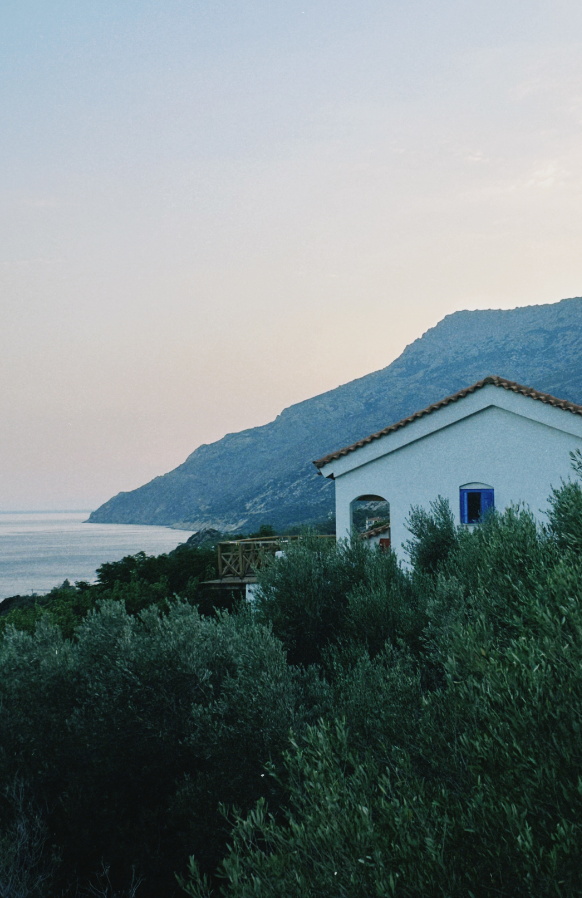
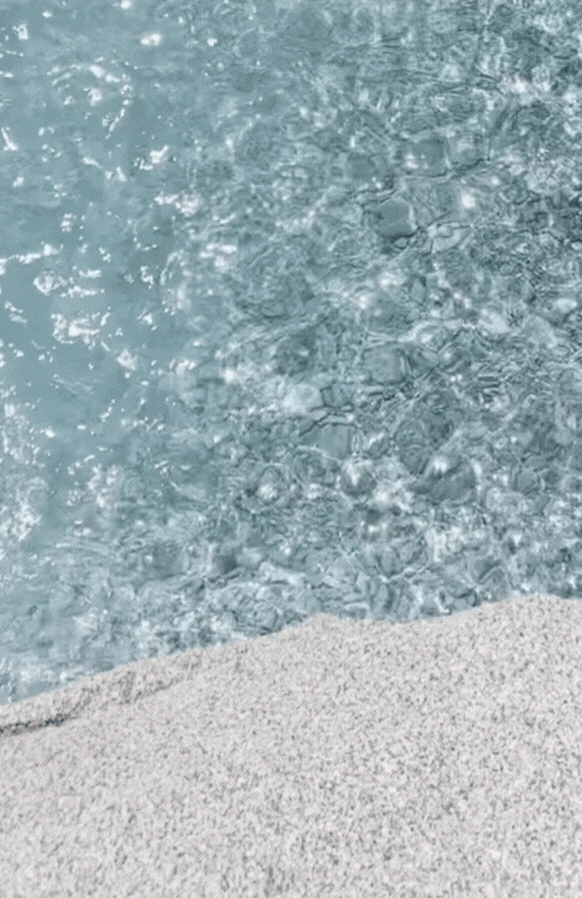


Photography: Tanika Rouillon
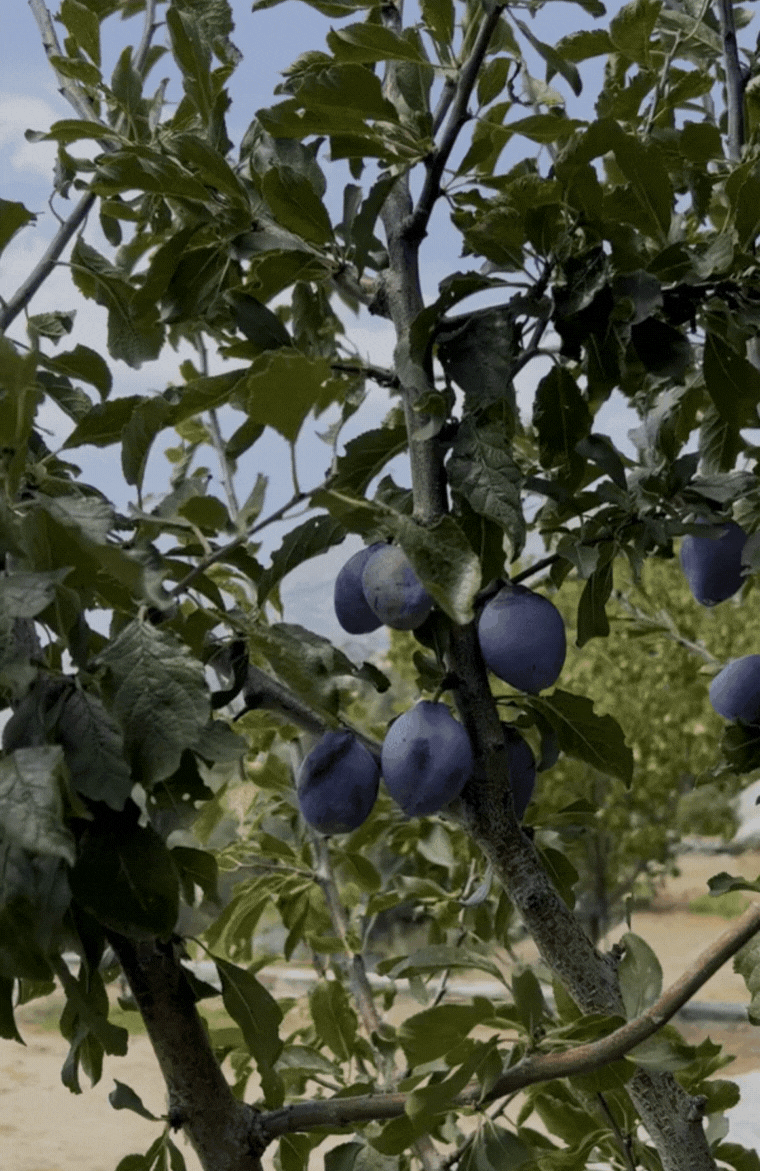

However, the thing that resonated most from my time in Ikaria was not the sense of togetherness, or a specific memory, it wasn’t about self-love or a profound proverb, but rather a simple feeling: presence. In a world of distractions, overstimulation and superficialities, giving mindfulness to insignificant moments is often rare. The art of presence is something the blue zoners have mastered; they practise it everyday in simple everyday activities. For us non-blue zoners it’s normal to wake up, look in the mirror, brush our teeth, go to work, drive in traffic… We miss a lot—we’re often on autopilot and our experience of life is ‘flying by’. Presence can feel arduous, it’s a habit we have to consciously exert. Presence is meditation in motion, and although it may not add years to our lives, it is the only thing that truly slows life down. The good news is you don’t need a blue zone for that; it’s free and you can surrender to it anytime, anywhere. Indulge in the smell of your morning coffee, feel that first sunbeam on your skin when you step outside, don’t just hear but listen to others, look at the sky often, slow down your day, take it in. The power of presence is my blueprint for longevity.
THE BLUE ZONES
Okinawa, Japan
Known as the ‘Hawaii of Japan’, the mountainous island Okinawa at the Southern end of Japan is home to centenarians whose lives revolve around ‘ikigai’: one’s purpose.
Sardinia, Italy
The first identified Blue Zone, the Barbagia region in southeast Sardinia, has a rich diet of omega-3 fatty acids and residents have incredibly high serotonin levels thanks to their life near the sea.
Nicoya, Costa Rica
Nicoyans follow an agricultural low calorie diet coined as the ‘three sisters’: squash, corn, and beans, which is consumed in fasting periods to allow for weak cells to overturn.
Loma Linda, California
Loma Linda is home to Seventh-day Adventists who live communally, sharing responsibilities and a strong faith that has become a by-product of their religion as it bans alcohol, smoking and has a focus on plant-based eating.
Ikaria, Greece
I was fortunate enough to visit the island of Ikaria in 2023, experiencing a heavenly week of this slow-paced, blue zone life. Ikarian’s are mainly made up of self-sufficient farmers and fishers who live off the land and sea. We stayed in a coastal village called Magganitis, known for its peaceful silence, rugged mountains and picturesque beaches. There is minimal reception, no highway, no highrises and no chain supermarkets—it’s exactly what I didn’t know I needed. During our stay I observed the daily life of Ikarians, who live with a very simple purpose; to enjoy and share the enjoyment. The day started with my usual ritual; a coffee made with beans from the other side of the mountain (rather than the other side of the world) and fresh goat’s milk from a local farm. Then we’d head down to the beach, grab a fig from the tree on our way and respond to nearly everyone in passing who stopped to say ‘yassou!’ while they started their work day walking together up the hills for harvesting. The walk back to town was always so pleasurable, there they were again, together, ending their day with a wine, playing checkers, while dinner from their day’s harvest was being prepared.
The pillars of health that are the gold standard in the blue zone regions—physical, mental, emotional, spiritual, and social wellbeing—are all tied to one thing: food. Food is at the centrepiece of their way of life and what we ingest is central to longevity. The food from the five regions vary, but the commonalities shared between them is fresh produce, mainly plant-based and unprocessed proteins. The nutrient density from this eating pattern is high in fibre and healthy fats. Yep, fats—the full-fat cream on top, fresh butter slab and extra virgin olive oil drizzled on everything. These full fats are linked to lower risks of obesity and cholesterol which we know all too well can lead to the kind of chronic diseases that we see far too often in our culture.


Photography: Tanika Rouillon
However, it’s not just food as a whole but the practices that surround it. Blue zoners live in environments that force them to be naturally active—the farmer exercises by tending to his garden and walking across the mountains to herd livestock. There is no gym or F45 class, instead, the day’s cardio is cultivating and preparing the produce that’s in season. His farm is his office and the connection to nature is his free-of-charge therapy. Food brings the community together, whether it’s growing it, harvesting it, cooking it or sharing it.
Although diet and lifestyle factors play a crucial role in longevity, there’s something arguably more important. Much to my surprise and perhaps yours too, experts argue the fundamental pillar of health is our social wellbeing. A strong sense of community and neighbourly relationships are commonplace in the blue zones, and contribute hugely to overall health because of their direct impact on our happiness. Conversely, community constructs are becoming far removed in Western cultures—we’re more isolated than ever before. There are proven links that healthy and well-maintained relationships lower anxiety and depression, fill us with a sense of belonging, increase our self-esteem, develop our empathy, strengthen immunity to aid healing, and most importantly, serve to honour our relationship with ourselves.


However, the thing that resonated most from my time in Ikaria was not the sense of togetherness, or a specific memory, it wasn’t about self-love or a profound proverb, but rather a simple feeling: presence. In a world of distractions, overstimulation and superficialities, giving mindfulness to insignificant moments is often rare. The art of presence is something the blue zoners have mastered; they practise it everyday in simple everyday activities. For us non-blue zoners it’s normal to wake up, look in the mirror, brush our teeth, go to work, drive in traffic… We miss a lot—we’re often on autopilot and our experience of life is ‘flying by’. Presence can feel arduous, it’s a habit we have to consciously exert. Presence is meditation in motion, and although it may not add years to our lives, it is the only thing that truly slows life down. The good news is you don’t need a blue zone for that; it’s free and you can surrender to it anytime, anywhere. Indulge in the smell of your morning coffee, feel that first sunbeam on your skin when you step outside, don’t just hear but listen to others, look at the sky often, slow down your day, take it in. The power of presence is my blueprint for longevity.
THE BLUE ZONES
Okinawa, Japan
Known as the ‘Hawaii of Japan’, the mountainous island Okinawa at the Southern end of Japan is home to centenarians whose lives revolve around ‘ikigai’: one’s purpose.
Sardinia, Italy
The first identified Blue Zone, the Barbagia region in southeast Sardinia, has a rich diet of omega-3 fatty acids and residents have incredibly high serotonin levels thanks to their life near the sea.
Nicoya, Costa Rica
Nicoyans follow an agricultural low calorie diet coined as the ‘three sisters’: squash, corn, and beans, which is consumed in fasting periods to allow for weak cells to overturn.
Loma Linda, California
Loma Linda is home to Seventh-day Adventists who live communally, sharing responsibilities and a strong faith that has become a by-product of their religion as it bans alcohol, smoking and has a focus on plant-based eating.
Ikaria, Greece




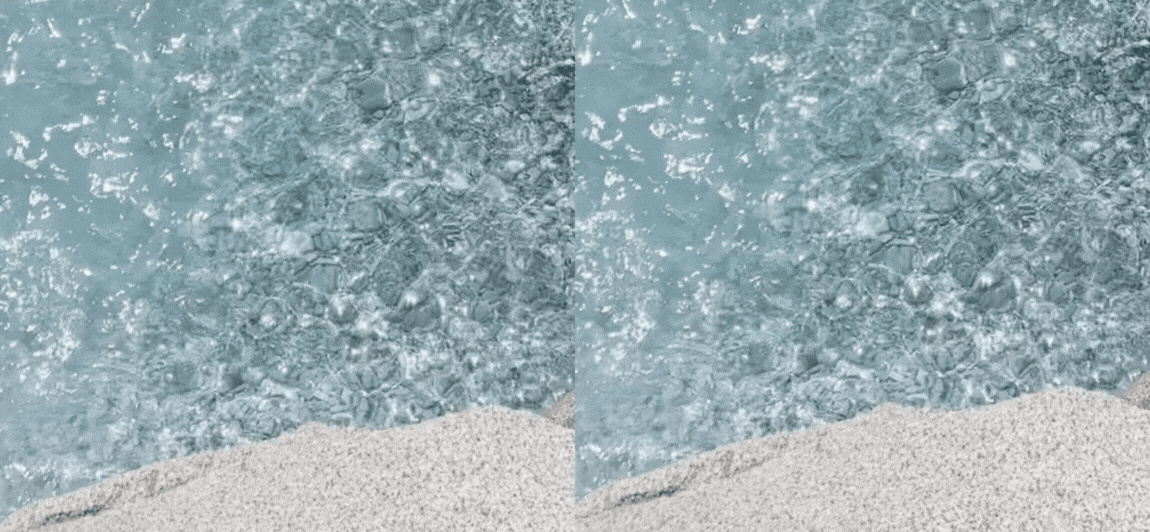
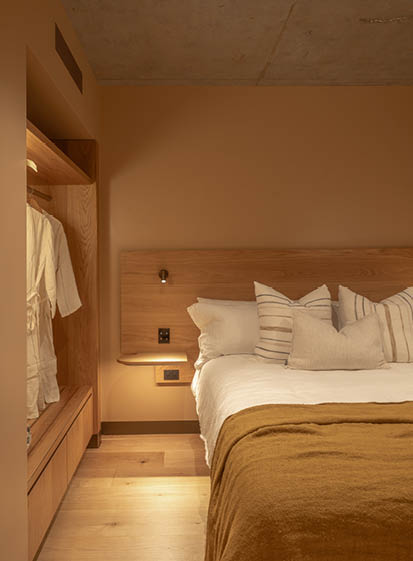
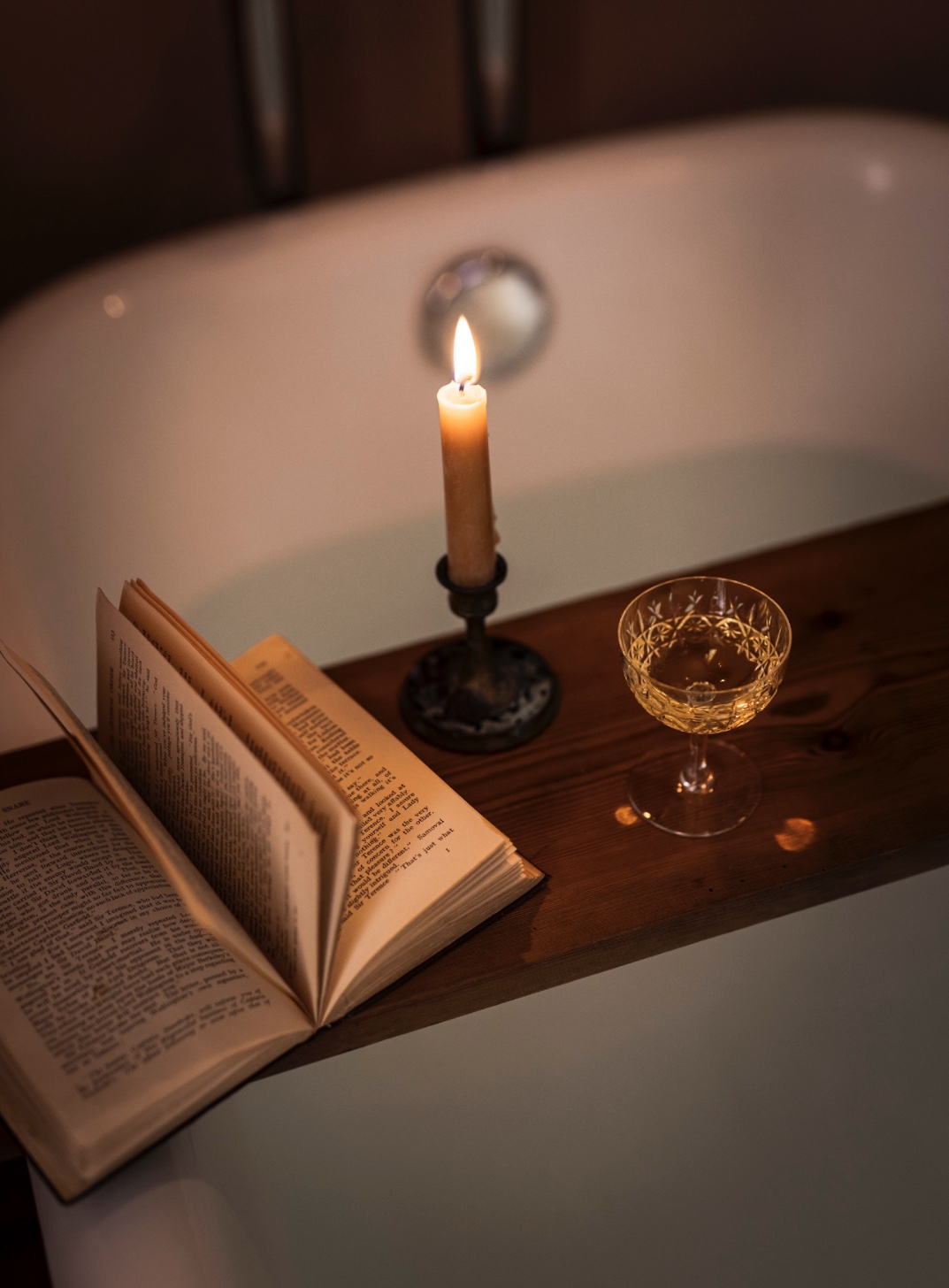
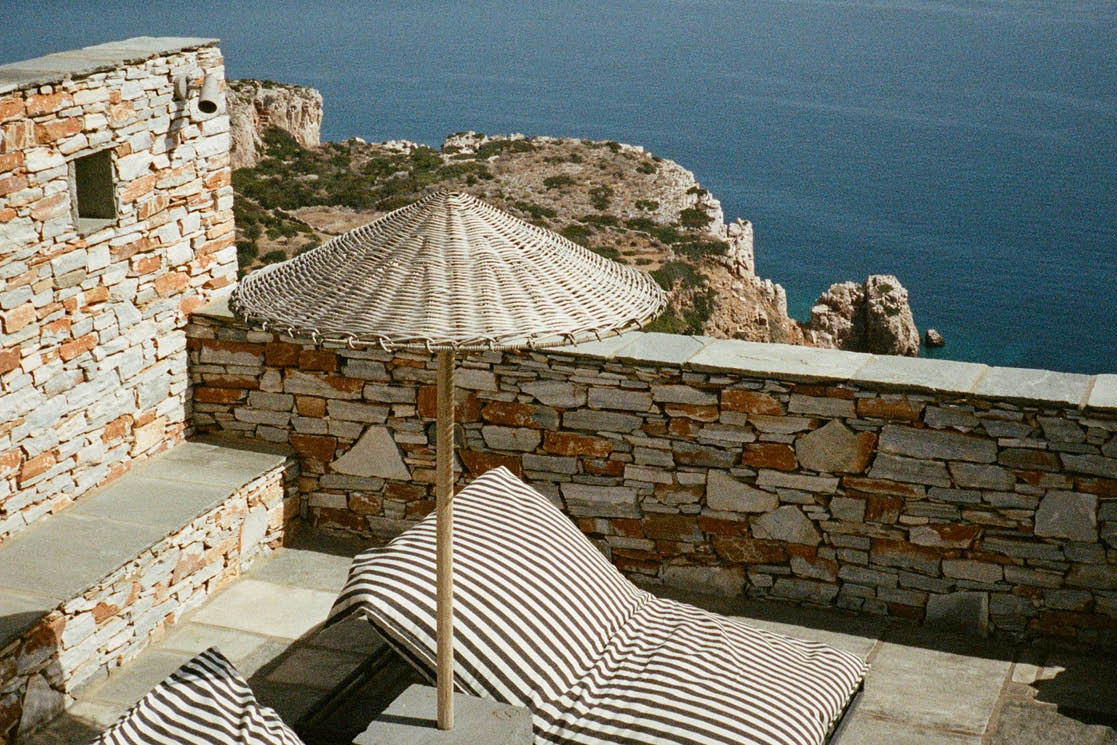
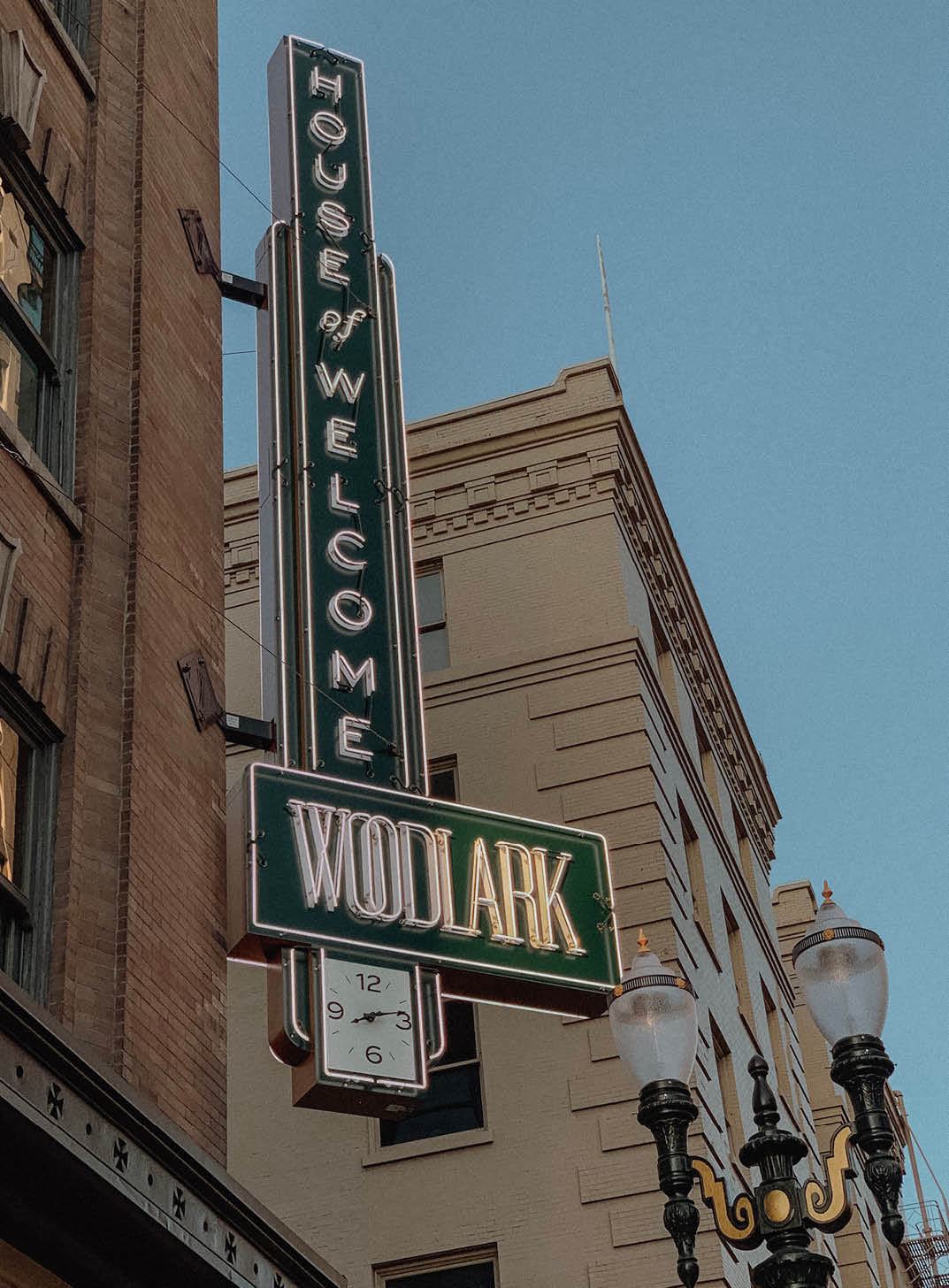
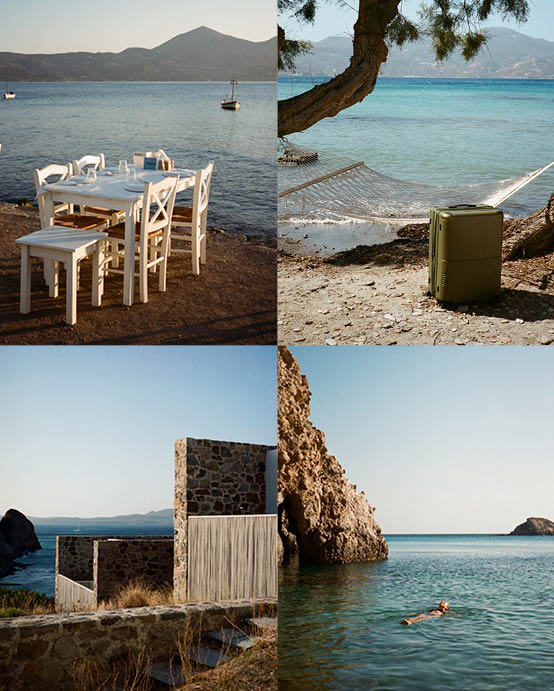
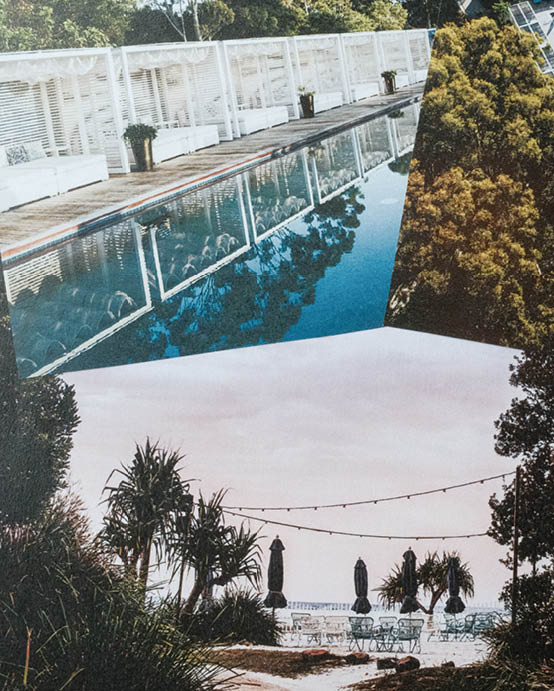
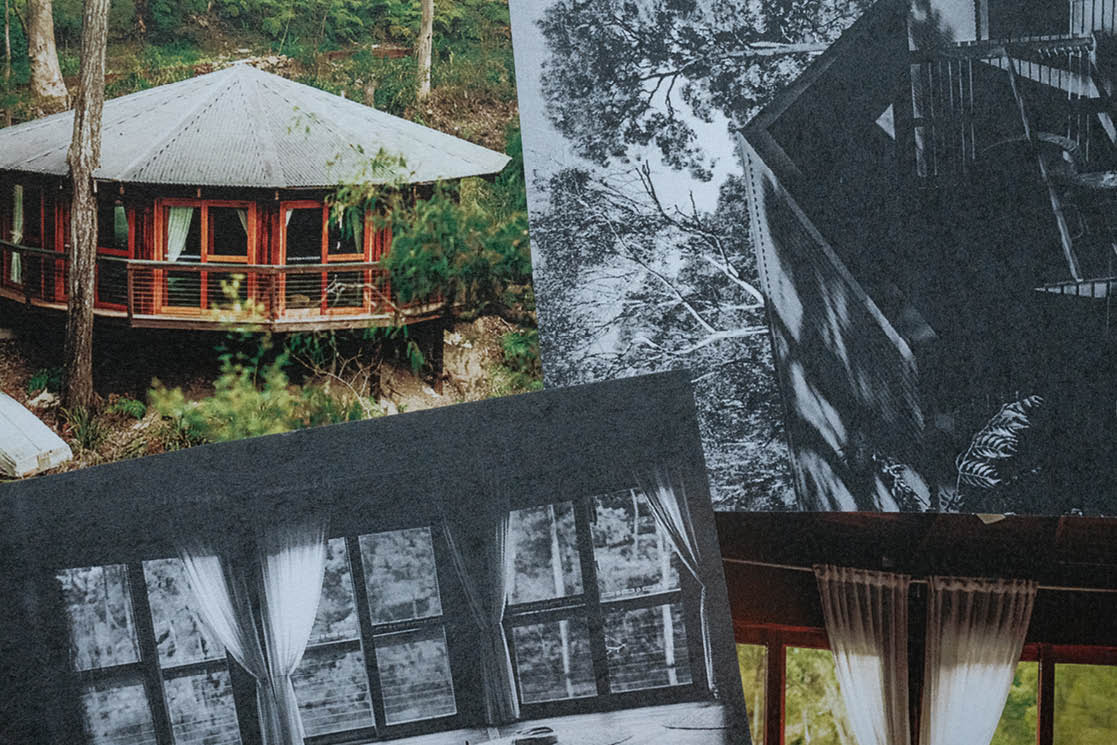
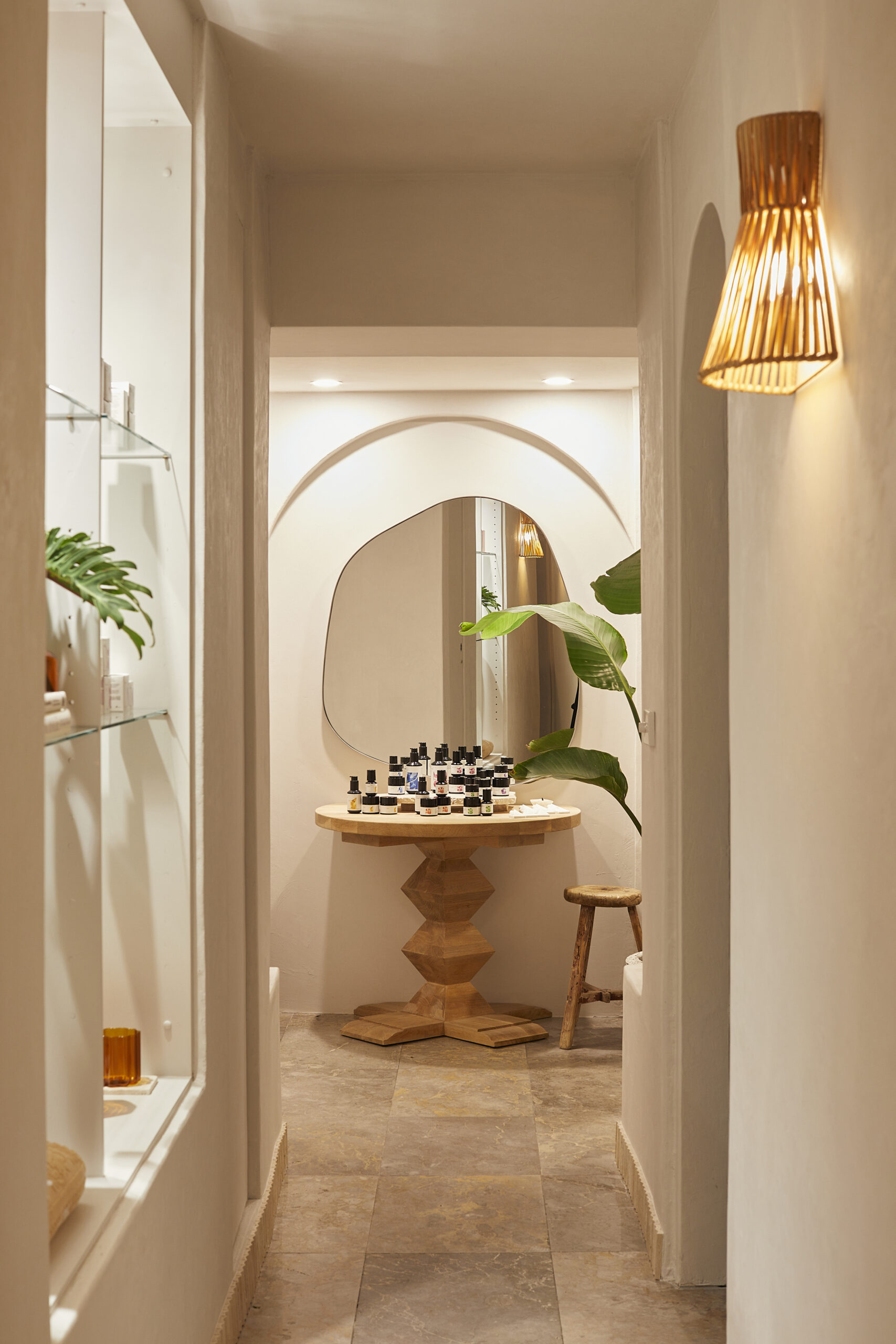

Comments
Why is your reading the same for Sardinia Italy and Nicoyo Greece?
I read the book, Ikiga,i about the Japanese blue zone. Their lifestyle is enviable. There’s a number of people in Jamaica who live long lives, mainly around the Blue Mountains. I wonder if it’s a potential Blue Zone.